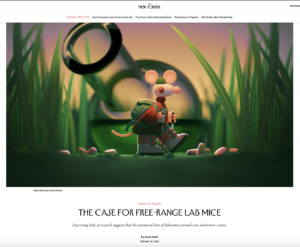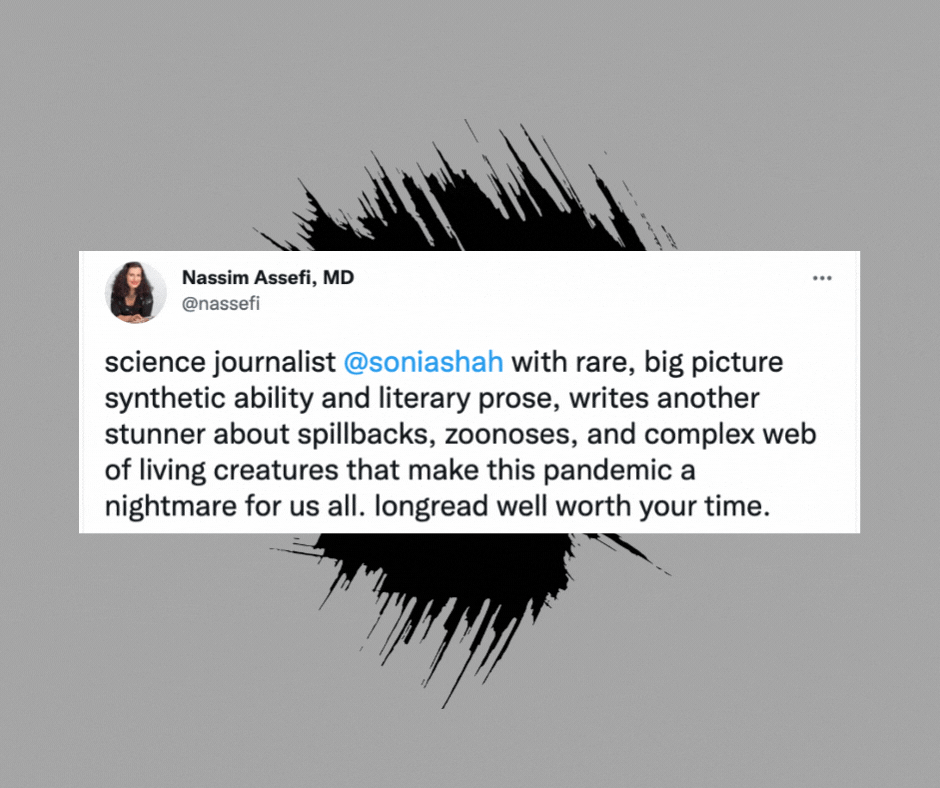Inhaled insulin: Here’s a great illustration of how disconnected the drug industry has become from public health….or even individual peoples’ health. When I went to a industry conference a few years back, Pfizer execs were gloating over their great new experimental product, a form of inhaled insulin. The drug was still in clinical trials–meaning they couldn’t have known whether it was truly safe and effective or whether it was any better than injected insulin–but they were certain that it would be a blockbuster. Because, of course, whether the drug was effective or any better than what we already have was irrelevant. Inhaled insulin is a great idea, in principle, and the obvious plan was to harangue patients with marketing so they’d switch to it on that basis alone.
Well, Pfizer’s drug, Exubera, was a bust. They “only” sold $12 million worth of it, and so now they are going to stop selling it! First it was the best thing since sliced bread, but now…since they aren’t making the billions they foresaw, they’re dumping it. So much for those users who did switch and actually liked it. They’re screwed.
Basically, the drug was a bust because it was no better than injected insulin and on top of that, it messed up patients’ lungs. A total disaster.
Now, a new company called Mannkind, backed by a billionaire investor, is launching a new inhaled insulin called Technosphere Insulin, similarly gloating–while the drug is still in clinical trials–that they will make billions on the thing. The New York Times business section featured their glossy PR in an article this morning, replete with a large pic of the billionaire investor looking smug in his grand digs. He might as well have had dollar signs tattooed on his eyeballs.
Buried near the end of the story we learn that–already!–more patients taking the inhaled insulin have dropped out of clinical trials than patients taking the old standby, injected insulin! “For reasons that are not yet clear”! Well, there can’t be any reason, in my mind, that doesn’t bode poorly for the inhaled insulin. They didn’t like it, they had adverse effects, or whatever.
And, the chief medical officer has accused the company of hiding information about the drug from the FDA! The company, in response, fired him. But we’ll never learn about the dirt he found because his wrongful termination suit has been settled out of court!
This thing seriously stinks. And it is all the more remarkable for the fact that all of this dirty laundry about the drug is tucked into what is overall a glowing business story.
Check it out: http://www.nytimes.com/2007/11/16/business/16mannkind.html?_r=1&oref=slogin













